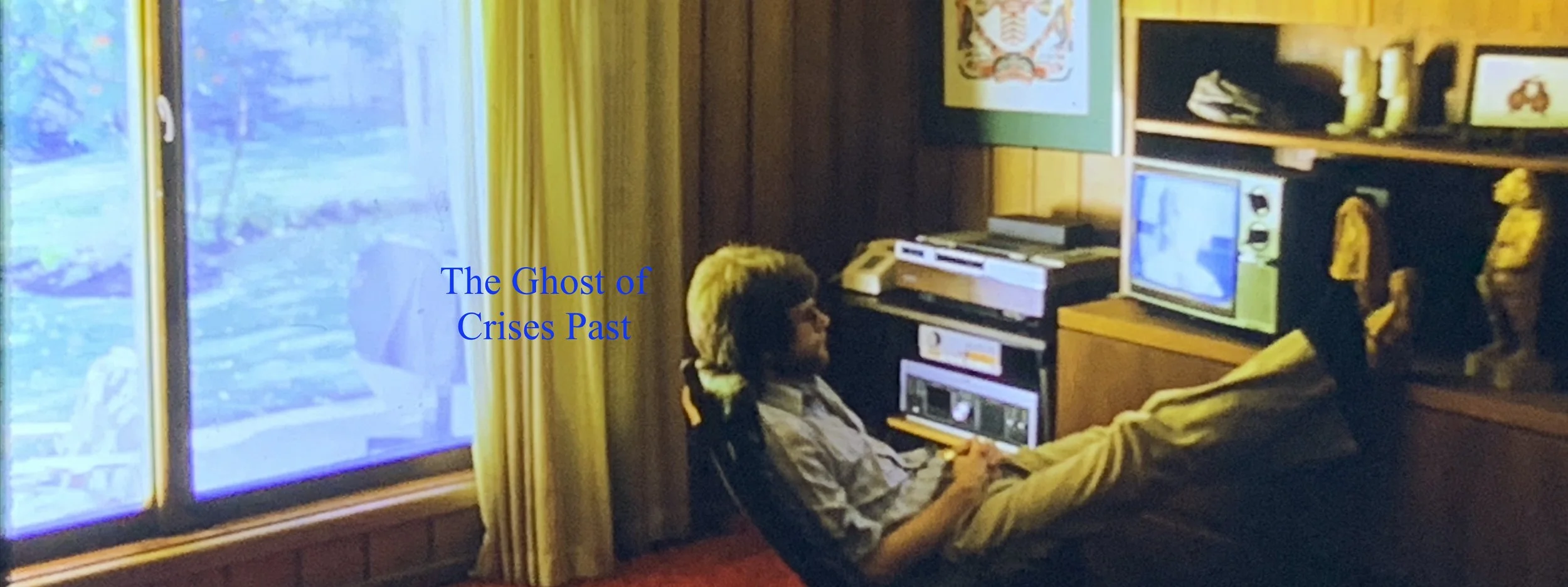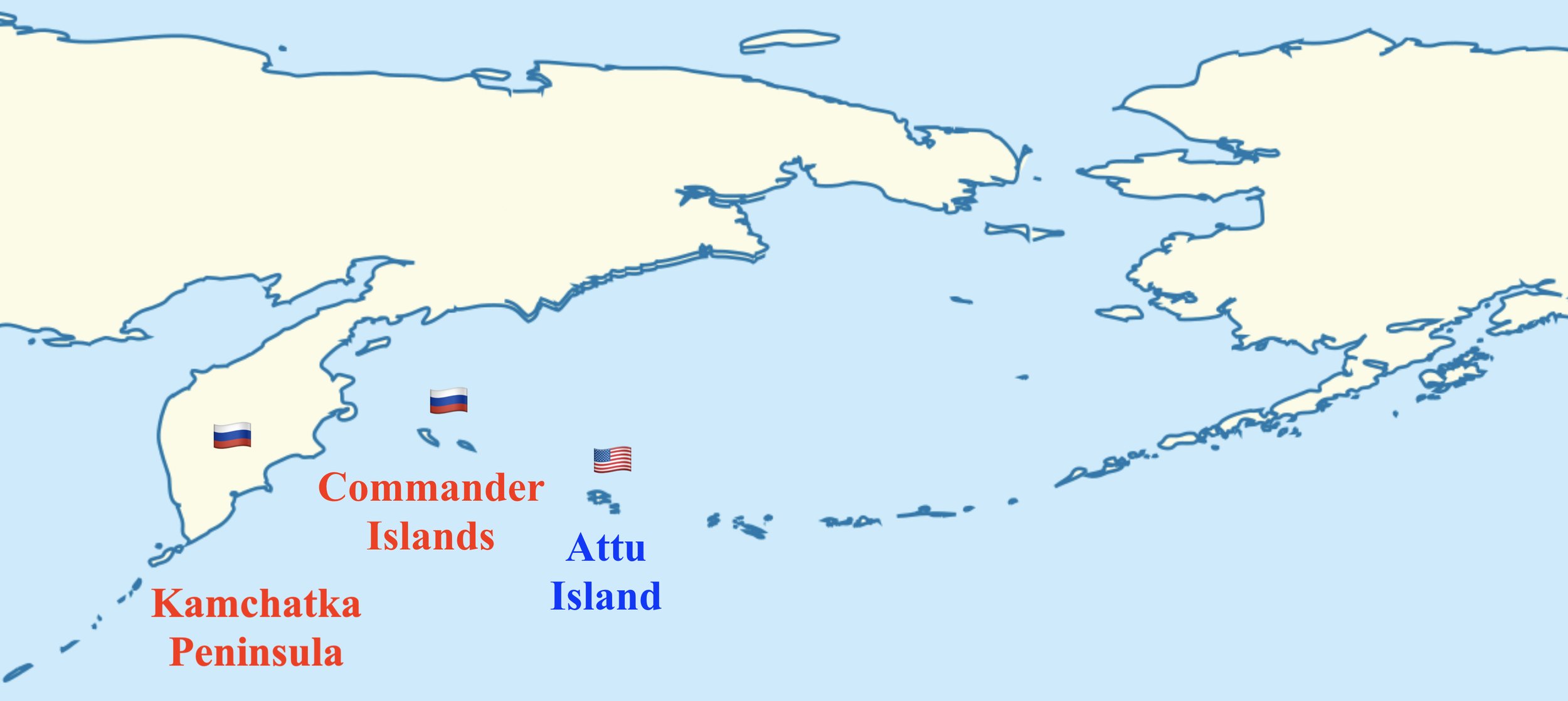Crisis 22
The Ghost of Crises Past
Two Sonnets - The 1980s - Lines - Chaos
⏳
Two Sonnets
~ November 2, 2023 ~
This afternoon I tried to see the present chaos and violence from a poetic distance. As if an outsize sonnet might lend some meaning to the grimness of the historical moment:
The gods have given up on Earth,
having found fields more fair
in the far-off galaxies of sugared light,
in realms that know nothing of despair.
On occasion, a god strays from his endless mirth
to find the ruins of our strangest world down here —
a world of Mirages, where Storm Shadows took flight,
and Leopards and Raptors once deafened the ear.
Faced with the remnants of such a brutal scene,
the god recoils, but wonders if there’s something to gain
by haunting the battles that once flooded the plain,
and also the old ideals — of heroes and bodhisattvas,
redeemers, prophets, sultans and mahatmas
who tried to unite the nations and bring Heaven again
to the ice-capped union of nations that might have been.
All of this seems extraordinarily grim, yet perhaps it’s always been this way. In 1819, Shelley wrote one of the most despairing and angry sonnets ever, and yet he managed to end it on an upbeat note:
An old, mad, blind, despised, and dying king,
Princes, the dregs of their dull race, who flow
Through public scorn – mud from a muddy spring,
Rulers who neither see, nor feel, nor know,
But leech-like to their fainting country cling,
Till they drop, blind in blood, without a blow,
A people starved and stabbed in the untilled field,
An army, which liberticide and prey
Makes as a two-edged sword to all who wield,
Golden and sanguine laws which tempt and slay,
Religion Christless, Godless – a book sealed,
A Senate – Time's worst statute unrepealed,
Are graves, from which a glorious Phantom may
Burst, to illumine our tempestuous day.
Perhaps I’ve become so shaken by the brutalities of the day that I’ve become blind to the phantoms of hope that burst into the air. Don’t the Javelins and Storm Shadows keep the Russians at bay? Aren’t the Kinzingers of the Republican Party putting Trump’s feet to the fire? Aren’t diplomats trying to cool down the heat in the Middle East? Aren’t NGOs and borderless doctors trying to alleviate the pain of war, famine, and disease all over the world?
Yet despite all of these, I still find it hard to see the glorious phantoms rising from our tempestuous day.
⏳
The 1980s
Not that my present feelings are entirely new. Forty years ago (in the early 80s) I was living at home while working on a B.A. and M.A. at The University of Calgary. I spent a great deal of time reading Shakespeare and other writers, but also following politics, mostly from the Manchester Guardian and the McNeil-Lehrer Report. Here I am, glued to the television in our den:
Thinking back to the mid-1980s makes me think of my feelings today. I was too young to experience the Cuban Crisis of 1962, so for me the Cold War was a slow burn, never getting as consistently hot as it was in 1962 — or as it’s been recently since Russia invaded Ukraine. Still, the feelings of international disorder and nuclear dread are much the same.
I remember one morning staring at an enormous blue map of the world on my bedroom wall. I was struck by how gracefully the Aleutian Islands curved toward Asia, and how abruptly they were divided.
Lines on the Map
~ 1982 ~
On one side I see the Islands of the Commander and behind them the Kamchatka Peninsula, with its snowy spine and icy peaks of Mordor.
On the other side I see Attu Island and the Aleutians, with its long Captain Crook of an arm, seeming to bridge the gap between days. For one mad moment I think I see a connected chain, uniting the continents. But then I realize my logic is circular and spatial, like the curvature of the Earth.
Unlike politics.
❧
Looking down at the vastness of the Pacific, I’m mesmerized by the light blue swirls on the map. I see time zones stretch from left to right, and think of the dawn that rises with each second.
Yet who can feel this?
I see paddy fields green in the alluvial plain, and camel-brown mountains caked with icy peaks. My eyes follow the contour of the continents, and slip between ranges. I slide down the tail of the Andes into the ice-cold water of Tierra del Fuego. I trek through the Desert of the Taklamakan, feeling the sand between my toes, hot and dry.
Still standing, yet lingering, not wanting breakfast, I stare at the deep pools of blue. I know they aren’t really light blue. They’re navy blue, almost black.
I think of the Buddhist nirvana, the final ‘snuffing out,’ and wonder if this will mean the powder of exploded poisons, or the chill silence of the fission of neutrons. I wonder if some day New York and Moscow will stand like metal skeletons, basking in the lifeless heat of stars.
And when?
Standing, lingering, not wanting breakfast, I think of Buddha and of the world this morning, with the blinds drawn, with the beauty of the blue oceans and the birds lightly chirping beyond the glowing sill.
⏳
Chaos Everywhere
~ 1982 ~
In the bumbling chaos of change, few strides are made toward lasting perfection. Men of wisdom have long since known that the total output of knowledge is not proportional to Truth.
So the slut Illusion continues to spell and bind the senses, and the Kremlin continues to publish its lies, while Reagan makes deals on the side.
And all the while Hollywood reigns supreme over the hobgoblins of meaning and the dancing hucksters of change.
⏳
Next: ✈️ Dream Vacation 2005




